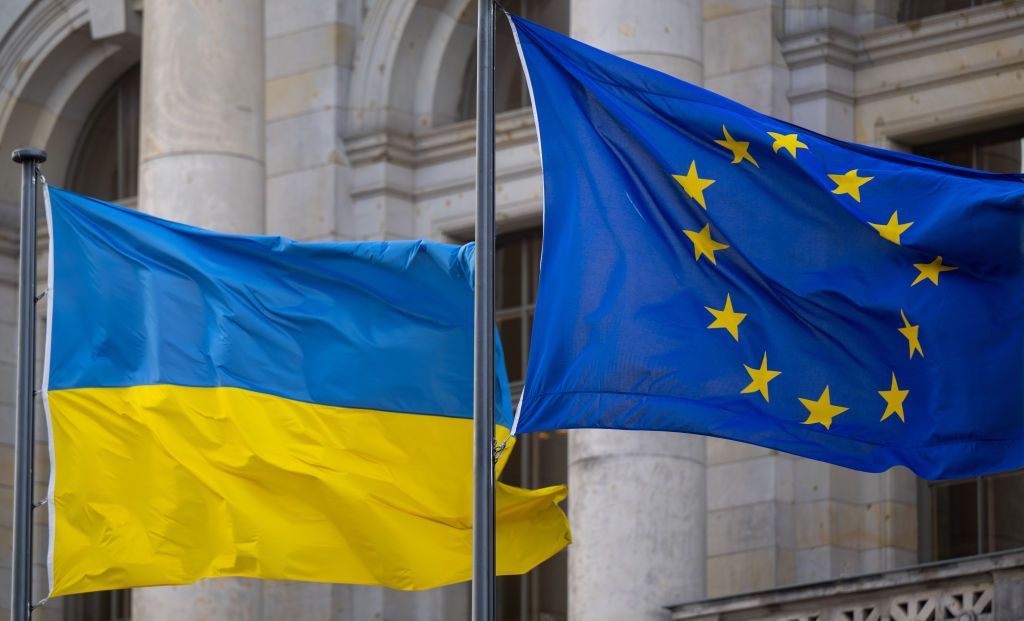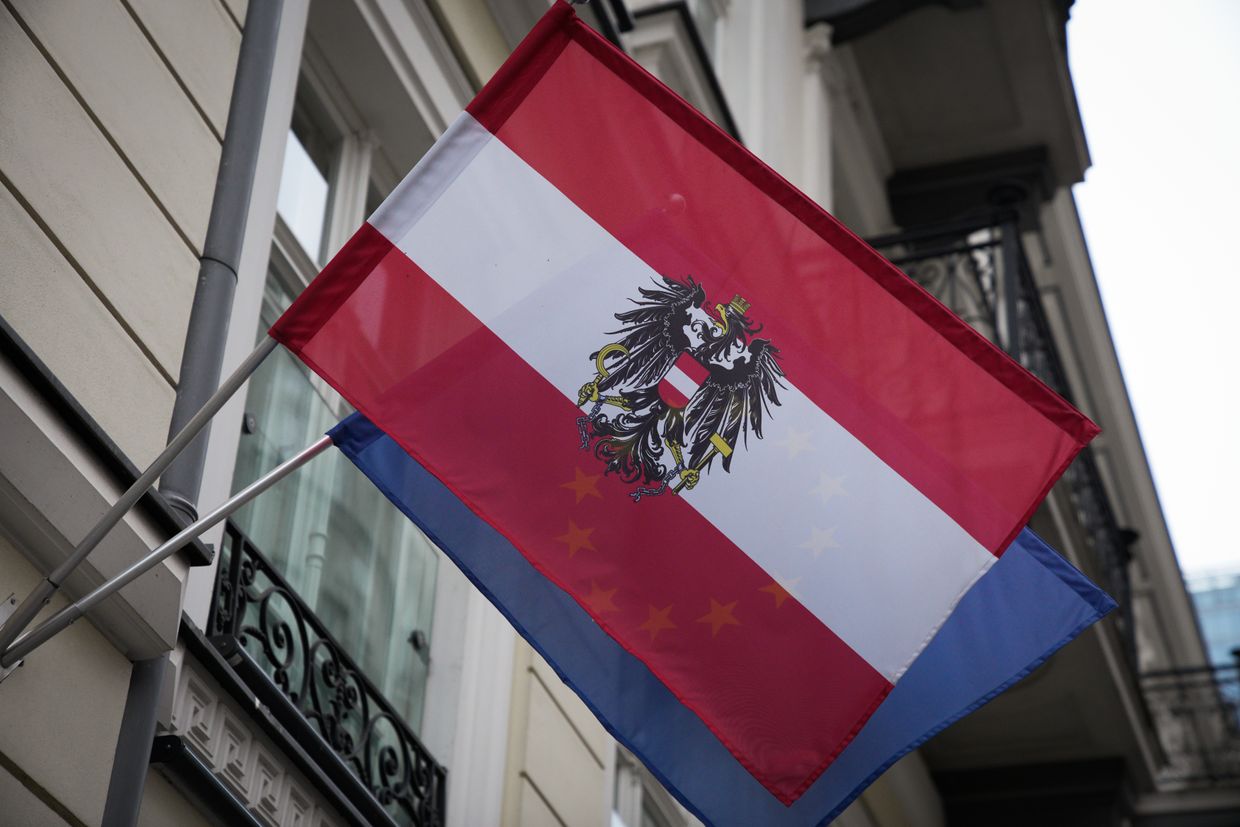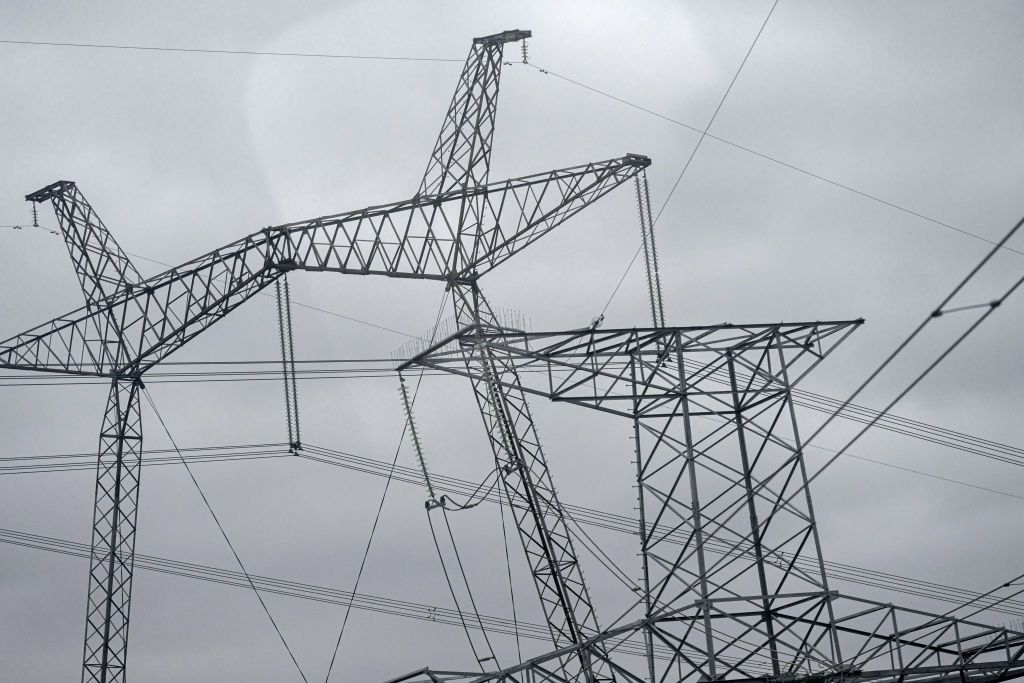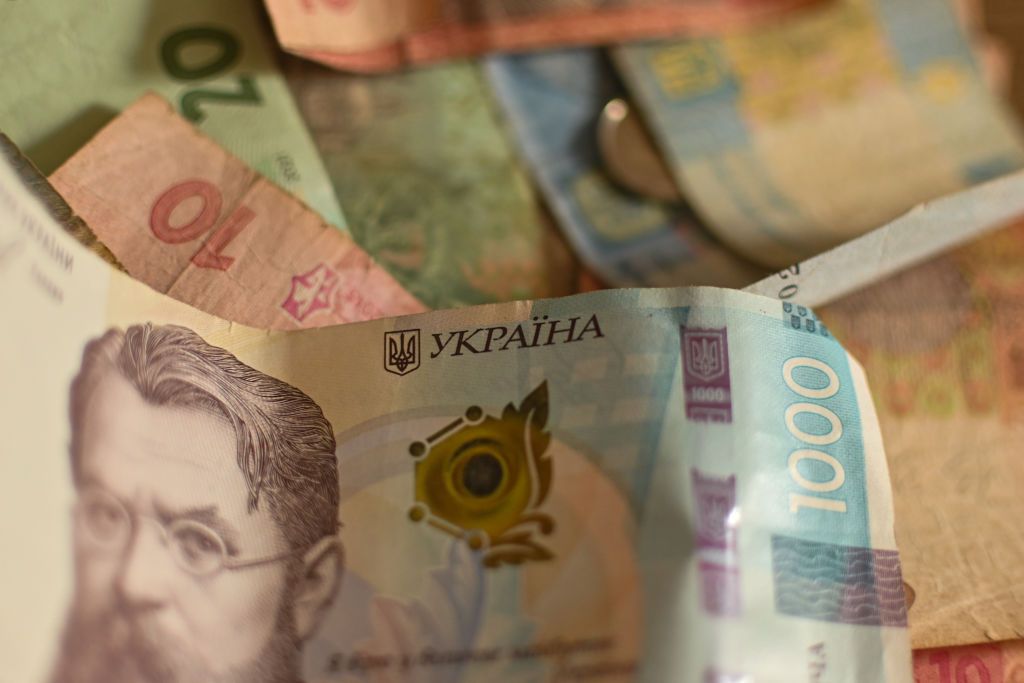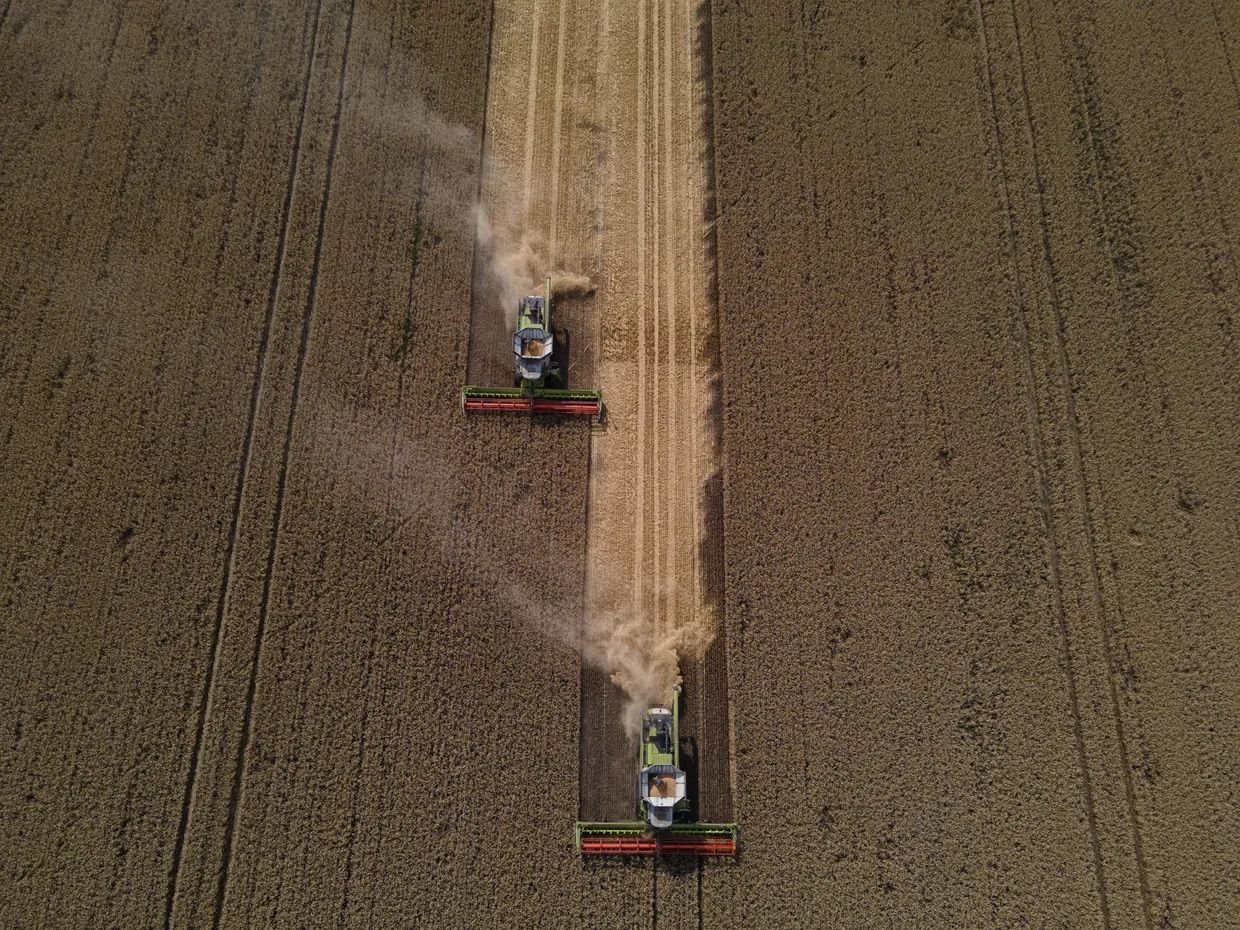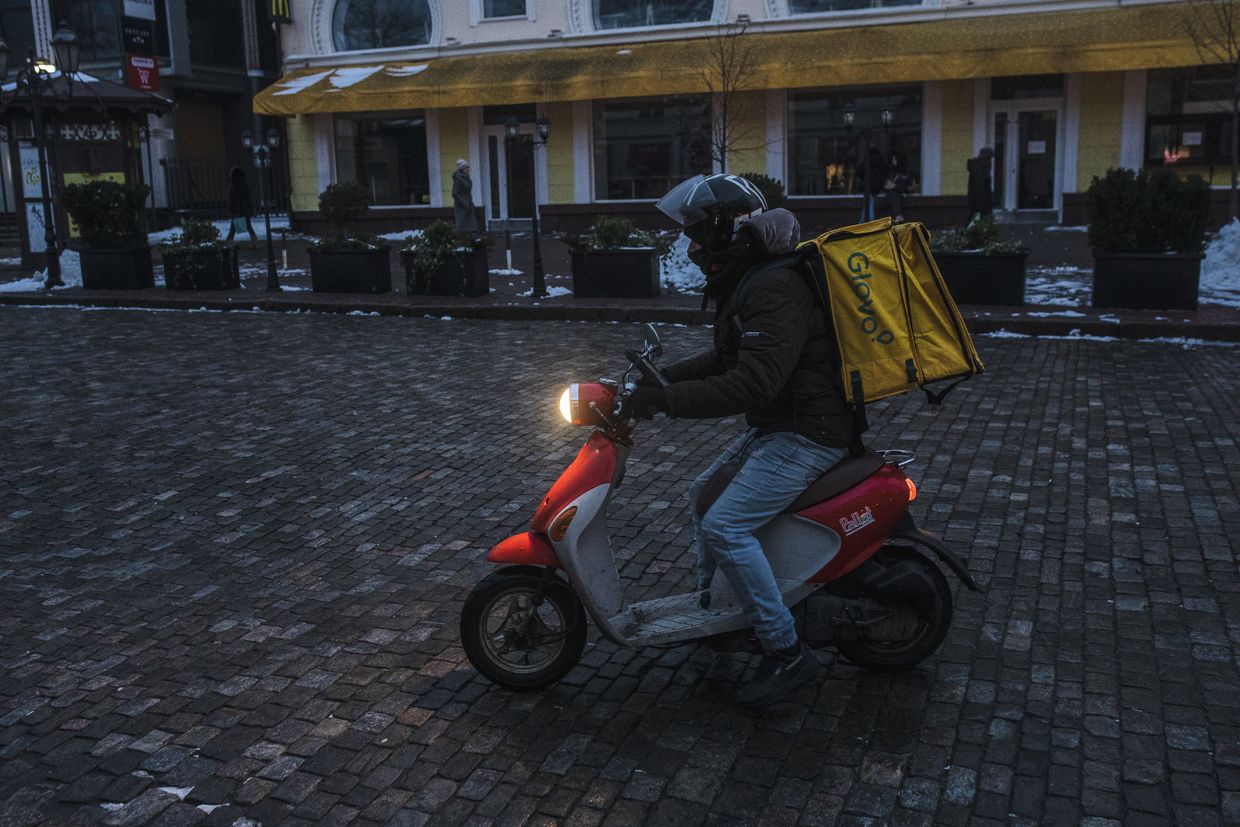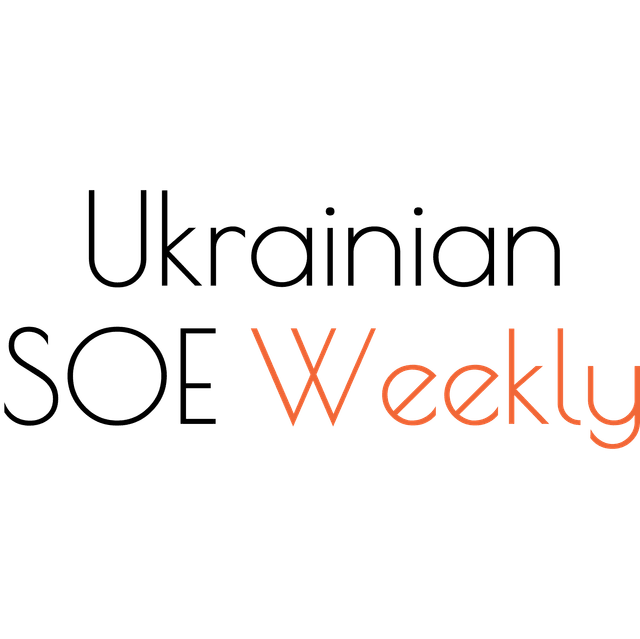Ukraine state-owned enterprises weekly — Issue 132

Editor’s Note: This is issue 132 of Ukrainian State-Owned Enterprises Weekly, covering events from May 11-18, 2024. The Kyiv Independent is reposting it with permission.
Corporate governance of SOEs
Parliament reverses SOE corporate governance law to have Ukrnafta pay dividends directly to the state budget, SOE Weekly’s team member Oleksandr Lysenko told Ekonomichna Pravda (EP).
Parliament made this change while adopting a law on the export of certain goods (Draft Law No. 10168-2), which has nothing to do with either SOEs or corporate governance. However, among other things, it changed the recently adopted key law on SOEs (Draft Law No. 5593-d). See SOE Weekly’s Issues 120 and 122 for more detail on this law.
The amendment was proposed by MP Danylo Hetmantsev (Sluha Narodu faction), Chair of the Finance, Taxation and Customs Policy Committee. Is says that companies that (a) have been seized or confiscated by the state under martial law [in particular, Ukrnafta – see Issue 68 for more detail], and (b) in which the shareholder is a business entity with a state share of 50% or more (Naftogaz own 50% + 1 share in Ukrnafta), will pay dividends directly to the treasury.
“In other words, Naftogaz … would no longer be entitled to receive dividends as a shareholder … and Ukrnafta would have to pay dividends directly to the state budget (as it was before the adoption of the law on SOE corporate governance),” Lysenko said.
He called this a reversal of corporate governance reform. The introduction of consolidated dividend payments was an important achievement, requested by the OECD.
“The adoption of Draft Law No. 5593-d in accordance with OECD Guidelines was a condition for receiving such important funding from our (international) partners, including the IMF. And now it turns out that we promised to pass a good law, but we did not promise not to change it later,” he added.
This is not the first time the state tried to introduce this rule. For example, as we reported in Issue 106, the state wanted to take away Naftogaz’s right to decide on its subsidiaries’ dividends in the draft law on the 2024 state budget.
Practices consistent with the OECD Guidelines on Corporate Governance of SOEs imply that dividends are consolidated at the level of the mother company. In contrast, a practice when SOE subsidiaries pay dividends directly to the state budget breaches the OECD’s level playing field principle for SOEs and private companies.
As we reported in Issue 121, Ukrnafta is to pay the state a total of Hr 8 billion ($200.9 million at the average exchange rate in 2023) in dividends for 2023. Ukrnafta’s audited financial statements for 2022 or 2023 were not available at the time of writing.
As we wrote in Issue 126, Ukrnafta earned almost Hr 24 billion ($602.7 million) in net profit in 2023.
Banks
Ukrainian banks post combined profits of Hr 40 billion ($1 billion) in Q1 2024; state-owned banks earn 60% of the total, Opendatabot reported. The data provider also said that the top 10 banks on the market account for 84% of the total profits – Hr 34.2 billion ($858 million) at the average exchange rate over the respective period).
The six state-owned banks made 60% of Ukrainian banks’ total profits. Five of the six state-owned banks are among Ukraine’s top 10 banks.
- As usual, PrivatBank made most of the money – Hr 13.86 billion ($348 million), or 57.1% of the sum of state-owned banks’ profits. PrivatBank’s earnings (Hr 16.04 billion or $402.8 million) are 14% less compared to Q1 2023, Opendatabot added.
As we wrote in Issue 119, the bank reported a net profit of Hr 37.8 billion ($949 million) in 2023.
As we reported in Issue 129, PrivatBank paid Hr 50 billion ($1.3 billion) to the state budget in taxes and dividends. This is as much as 3% of total projected state budget revenues for 2024.
- Oschadbank is in second place with Hr 4.86 billion ($122 million), or 20% of state-owned banks’ profits.
As we wrote in Issue 128, Oschadbank earned a record Hr 6 billion ($150.6 million) profit in 2023 (audited).
As we reported in Issue 121, Oschadbank paid the state the first half of the 2023 dividends, Hr 700 million ($17.6 million).
- Ukreximbank is third with Hr 2.47 billion, or $62 million (10.2%).
- Ukrgasbank earned Hr 1.91 billion, or $47.9 million (7.9%).
- The recently nationalized Sense Bank is fifth with Hr 1.19 billion, or $29.8 million (4.9%).
As we reported earlier, Sense Bank, previously owned by sanctioned Russian oligarchs Mikhail Fridman, Petr Aven, and Andrey Kosogov, was nationalized in late July 2023. See more in our Issue 98.
Only PINbank, recently transferred under state control, lost Hr 7.6 million ($190,000).
As we reported earlier, PINbank, previously owned by Russian oligarch Yevgenii Giner, was transferred under the control of the State Property Fund of Ukraine (SPFU). See more in our Issue 116.
Energy sector
Centrenergo continues to clear the rubble after Russian missile attacks on Zmiivska and Trypilska TPPs. On May 14, Yevhenii Harkavyi, Centrenergo’s technical director, reported that Zmiivska and Trypilska Thermal Power Plants (TPPs) were still clearing debris after the March 22 and April 11 missile strikes. This should take at least another month or two.
“The amount of rubble is really massive. This is hundreds, even thousands of tonnes of concrete that needs to be removed, and the surviving equipment needs to be preserved as much as possible,” he added.
According to Centrenergo, these attacks resulted in the destruction of expensive equipment and significant damage and fires.
“The most expensive are generators (almost Hr 500 million, or $12.6 million), transformers (about Hr 200 million, or $5 million), and turbines,” Harkavyi said.
He stressed that Centrenergo’s main activity has been suspended. “As of today, 100% of the generation capacity of our power plants has been destroyed. We are without electricity and heat production, and our satellite cities are without hot water,” Harkavyi also said.
As we wrote in Issue 127, on April 11, Centrenergo reported that the Trypilska TPP in Kyiv Oblast was completely destroyed by a large-scale Russian missile attack.
The TPP provided electricity to almost 3 million people and was the largest electricity supplier in Kyiv, Zhytomyr, and Cherkasy oblasts.
Centrenergo had three TPPs, which were essentially all the company’s assets: Trypilska in Kyiv Oblast, Zmiivska in Kharkiv Oblast, and Vuhlehirska in Donetsk Oblast.
On March 22, Zmiivska TPP was completely destroyed. On July 25, 2022, Russian troops occupied Vuhlehirska TPP. Thus, Centrenergo lost 100 per cent of its generation. See Issue 127 for more detail.
Naftogaz Group pays Hr 28.3 billion ($710.7 million) in taxes for January-April 2024, the company’s press office reported on May 15. The state budget got Hr 26.2 billion ($657 million at the average exchange rate over the respective period), and local budgets got Hr 2.1 billion ($52.7 million).
In April 2024 alone, the group paid Hr 8 billion ($200.9 million) in taxes.
Naftogaz paid Hr 6.1 billion ($153.1 million) in taxes to state and local budgets for January 2024 (see Issue 119), Hr 5.3 billion ($133.1 million) for February 2024 (see Issue 123), and Hr 8.3 billion ($208.4 million) for March 2024 (see Issue 128)
Naftogaz’s contributions for January-April 2024 make up 11.5% of Ukraine’s total tax revenues in that period, the company added.
As we reported in Issue 115, Naftogaz Group paid Hr 83.4 billion ($2.1 billion) in taxes to the state budget and another Hr 6.8 billion ($170.7 million) to local budgets in 2023.
As we wrote in Issue 131, Naftogaz Group reported that it made Hr 23.1 billion ($580.1 million) in consolidated net profit in 2023, a significant rebound from its Hr 79.1 billion ($2 billion) loss in 2022.
Ukrenergo begins rolling emergency power outages for households and industry in all regions. On May 14, Ukrenergo announced controlled emergency power outages for industrial and household consumers in all regions of Ukraine during evening peak hours. The power supply to critical infrastructure facilities was not restricted, the company said.
The reason for these outages was a significant shortage of electricity in the system due to Russians blowing up power plants and increased consumption due to the cold snap, Ukrenergo explained.
In the following days, Ukrenergo introduced hourly outage schedules for industry and households.
According to Ukrenergo’s CEO Volodymyr Kudrytskyi, warmer weather should allow Ukraine to avoid outages, unless Russia takes out any more energy assets. In the summer, the use of air conditioners during scheduled repairs might again lead to a critical power drop.
As we reported earlier, Ukraine faced five massive missile and drone strikes on energy facilities since 22 March 2024. See Issues 124, 125, 127, 129, and 131 for more detail.
After every Russian mass missile attack on Ukraine’s vital infrastructure, emergency outages take place, lasting for days due to the ongoing repair works. During such outages, people in Ukraine are often left without electricity, heating, water supply, or access to mobile phone networks.
Coal businessman Kropachov detained for alleged fraud and damages of Hr 2 billion ($50.2 million). The State Bureau of Investigation (DBR) and the National Police detained Vitaliy Kropachov, the de facto owner of Krasnolymanske LLC (part of his Ukrdoninvest Group), Ekonomichna Pravda (EP) wrote.
Officials of the Energy Ministry and the State Tax Service were allegedly involved, according to EP’s sources.
Later, the DBR confirmed that Kropachov was detained. According to DBR, he took over the assets of Oleksandr Yanukovych, the son of the deposed fugitive president Viktor Yanukovych. Kropachov gained control over many state-owned coal mines and processing plants in eastern Ukraine.
Kropachov allegedly worked with the CEO and accountant of Krasnolymanske LLC to prevent the state-owned Krasnolymanska Coal Mining Company from operating and drove it into bankruptcy.
The state-owned mine is dependent on Krasnolymanske LLC, as it is unable to extract coal from its own seams, which are located lower than the seams mined by Kropachov’s company.
According to DBR, the investigation documented four instances of illegal activity:
- unlawful use of a Hr 75 million ($1.9 million at the going exchange rate) tax benefit by Krasnolymanske LLC;
- deliberate failure to register tax documents, evading Hr 2.2 billion ($55.2 million) in taxes;
- failure to register tax invoices worth Hr 1 billion ($25.1 million), evading Hr 170 million ($4.2 million) in VAT; and
- failure to pay another Hr 1.1 billion ($27.6 million) in VAT after that.
Employees of Krasnolymanske LLC also illegally acquired property with this money on Kropachov’s instructions in 2022-2023, the DBR said.
Besides Kropachov, his financial manager, and the CEO and chief accountant of Krasnolymanske LLC, were also notified of the suspicion. The DBR is seeking detention without bail.
Vitaliy Kropachov is the owner of the Ukrdoninvest Group of companies with assets in the coal industry, machine-building, construction, transportation, and media. In particular, in 2022, he acquired Corona Sunrise LLC, which owned a digital licence for Channel 4. In 2023, he launched the Ukraine World News TV channel.
In 2016, EP wrote that Kropachov was a “lookout” in the coal industry for Ihor Kononenko, former first deputy head of the parliament’s BPP faction and business partner of Ukraine’s fifth President, Petro Poroshenko. Kropachov later denied this.
According to EP, Kropachov bought several enrichment plants in the government-controlled part of Donbas, and in 2017 acquired the Krasnolymanska coal mine, which eventually became one of the most successful coal enterprises in Ukraine.
In 2018, Kropachov’s Ukrdoninvest took part in the privatization auction for Centrenergo, but the State Property Fund of Ukraine (SPFU) later cancelled the auction because the documentation submitted by the bidders did not meet the legal requirements.
At that time, the SPFU intended to sell the state-owned stake in Centrenergo (78.3%) at an auction with a starting price of Hr 5.9 billion (€181 million at the exchange rate at that time). Kropachov did not say what stake he already had in Centrenergo, revealing only that it was more than 1%.
In 2018, EP wrote that Kropachov had monopolized the supply of coal to Centrenergo. According to EP, more than 80% of the coal supplied to Centrenergo was provided by entities directly or indirectly linked to the businessman.
As we reported in April 2023 (Issues 84 and 85), Kropachov’s Ukrdoninvest, the winner of the Bilhorod-Dnistrovskyi trade port privatization auction, said that it backed out of the sale at the stage of hashing out the terms of the sale and purchase agreement with the SPFU regional office in Odesa and Mykolaiv Oblasts.
The first privatization auction for Bilhorod-Dnistrovskyi trade seaport failed as no one registered, but a second auction was held with a winning bid of Hr 220 million (€5.7 million at that time) by Ukrdoninvest LLC. However, the winner missed the payment deadline. See Issue 85 for more detail.
Ukrainian SOE Weekly is an independent weekly digest based on a compilation of the most important news related to state-owned enterprises (SOEs) and state-owned banks in Ukraine.
The contents of this publication are the sole responsibility of the editorial team of the Ukrainian SOE Weekly.
The SOE Weekly is produced and financed by Andriy Boytsun. Communications support is provided and financed by CFC Big Ideas. The SOE Weekly is not financed or influenced by any external party.
Editorial team: Andriy Boytsun, Oleksiy Pavlysh, Dmytro Yablonovskyi, Oleksandr Lysenko, and Mariia Kramar.


